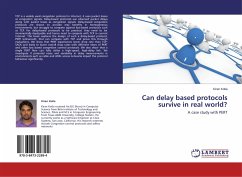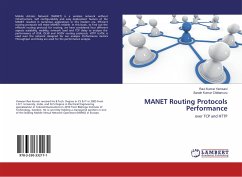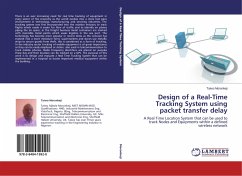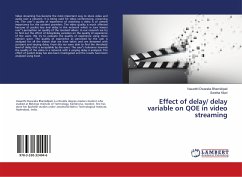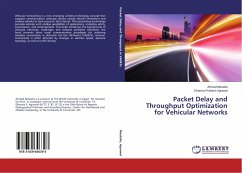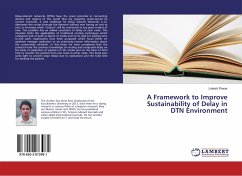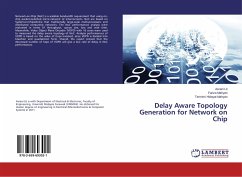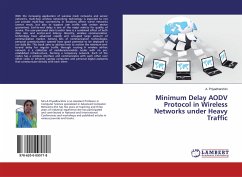TCP is a widely used congestion protocol in Internet, it uses packet losses as congestion signals. Delay-based protocols use observed packet delays along with packet losses as congestion signals. Delay-based congestion protocols are shown to provide may benefits in homogeneous environments, but struggle to compete against loss-based protocols such as TCP. For delay-based protocols to be practical, they need to be incrementally deployable and hence need to compete with TCP in current Internet. This book explores the design of such a delay-based protocol, PERT (enhanced), that can compete with TCP and prove this through evaluations. We show that PERT experiences lower drop rate than TCP-SACK and leads to lower overall drop rates with different mixes of PERT and other loss based congestion control protocols. We also show that a single PERT flow can fully utilize a high-speed, high-delay link. We investigate if potential noise and variability in delay measurements in environments such as cable and ADSL access networks impact the protocol behaviour significantly.
Bitte wählen Sie Ihr Anliegen aus.
Rechnungen
Retourenschein anfordern
Bestellstatus
Storno

